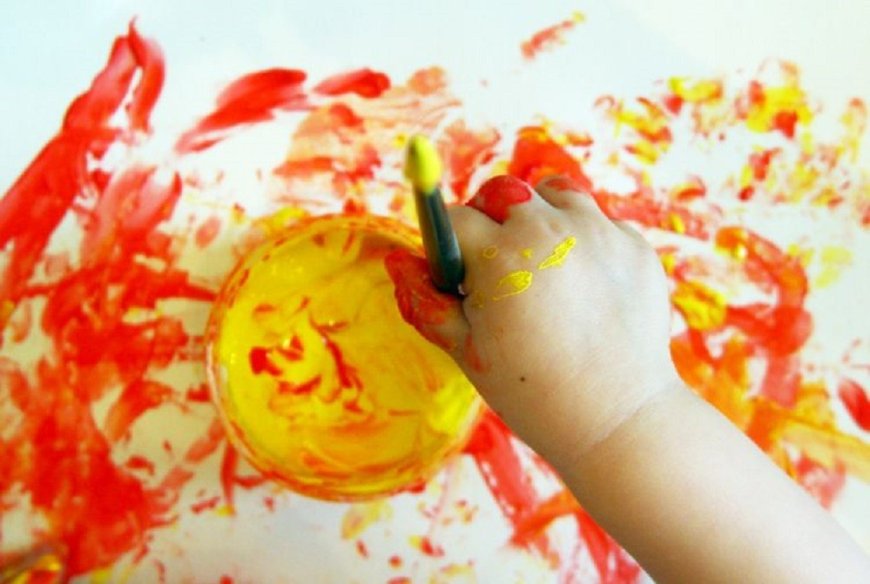9 reasons to introduce art as early as possible in children's lives
have access to the same resources to give them that opportunity. reasons to introduce art as early as possible in children's lives.

Not everyone is destined to become a musician, artist, actor or writer. But everyone has an affinity for one of the arts. This is what therapeutic sessions rely on to help us deal with emotions. And while adults can decide whether to deal with them, young children do not have access to the same resources to give them that opportunity. reasons to introduce art as early as possible in children's lives.
- Through art the child learns to play
Children get to know the world through play. They learn to follow patterns of behavior, understand the different roles in society, feel what is reasonable and what is not, trying to recreate it in a game. But most children fail to organize their play situations on their own if they have not gained practice. Doing art would give them the experience and security to organize something and gain the confidence to do it.
- Dancing and acting give a chance to improve empathy
Dance and theatrical play encourage and educate children to feel things that are not fully expressed in words. They accept a role, looking for logic and feeling that are not typical for the child. This experience will not only give him the freedom to express himself more freely and worry less, but also to be able to put himself in the place of others.
- Rhythm is important for the brain
Dance and music will teach the child rhythmic movements. This rhythm, in addition to being of great importance for mastering the art itself, has a direct connection with the development of the mind and the gross motor skills of the child. Rhythm can provide the basis for future sports. Simple timing can calm the child in stressful situations.
- Different sound makes us adaptive
The harmonic sound makes the mind work "on another frequency". Just as we learn different things, so the brain needs more data to learn more. Creating music, in addition to giving new and new information to the mind, encourages work on the question "what do I do physically to create the sound" and "how to do it so as to obtain the specific sound I want"
- Music and theatrical play will give confidence
Children do not have a large stock of social experience and it is normal to worry about new situations. The music, the dancing, the stage play will give them the opportunity to gain confidence, because even if they are not brilliant, they will receive the necessary dose of approval, in the form of applause.
Must Read: What makes a therapist good? 9 basic qualities that you should look for in your psychologist
- Skills are a valuable resource
Our society is evolving and becoming more competitive. This is a prerequisite for comprehensive skills to be important from an early age. They can provide a better education, and higher competitiveness (which will be needed if the child has already awakened his ambitions).
- Painting will develop a sense of space, color and composition
Have you noticed how young children draw tables gradually expanding in the distance (to fit all four legs)? This happens because the juvenile brain knows that the table has four legs, but it does not know how they are arranged in space. Regular drawing (if given to him) with a teacher will give food for thought to the child's brain. This activity will teach him to feel when the colors harmonize, how the composition (not only on the leaves, but also in space) is graceful, how in the distance the objects look smaller.
- Improving fine motor skills
Every applied and fine art requires work with details. Whether they use a brush or scissors (and later a knife), they will give him progress in the eye-hand and mind-hand relationship to the point where fine motor skills will become extremely developed.
- The ability to express will improve
Many childhood and adolescent problems are based on the fact that children suppress or fail to express their emotions. The art activity gives space for free expression, which can be useful and necessary for the teenager.
For children and young people, therapeutic, learning and play activities can be combined so that they are both useful and enjoyable. The arts are the best therapy because they temper the sensitivity of the personality and train its intelligence.
